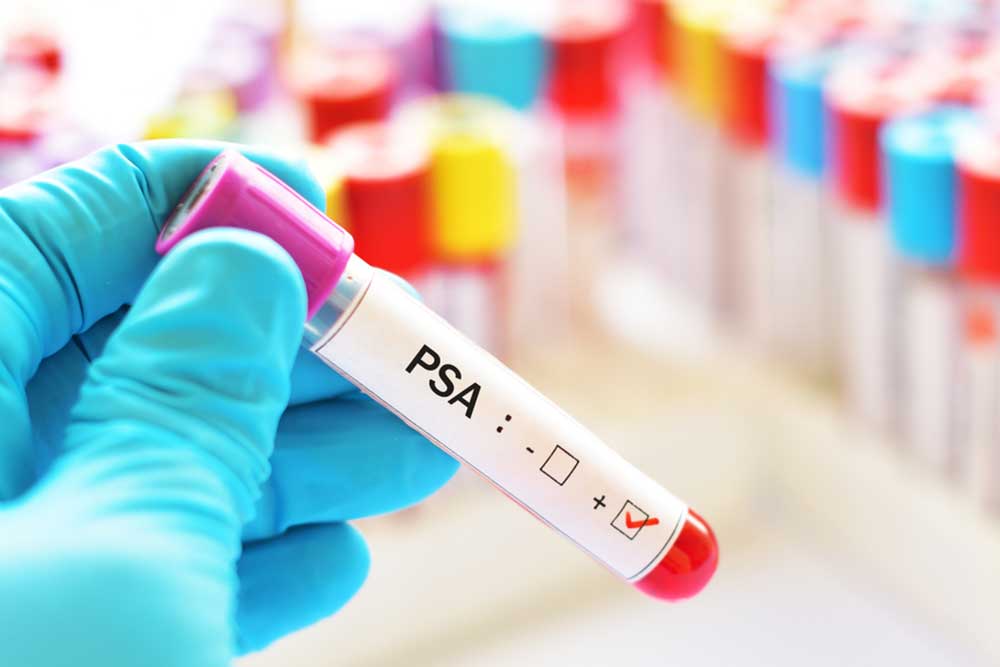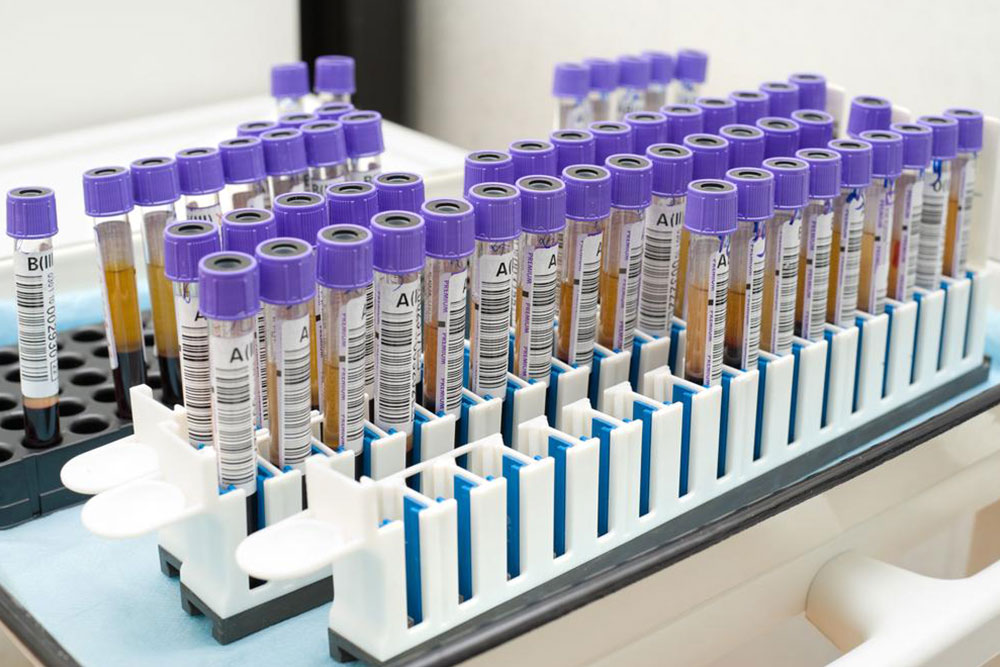Causes and Significance of Elevated PSA Levels in Men
This article explains the importance of PSA testing, its role in prostate cancer detection, and common causes of high PSA levels. It highlights when men should consider screening, how results are interpreted, and factors that influence PSA levels, including benign conditions and age. Regular monitoring helps in early detection and management of prostate-related health issues. Always discuss screening options and concerns with your healthcare provider to ensure proper prostate health management.

Understanding Elevated Prostate-Specific Antigen (PSA) Levels
Prostate-specific antigen (PSA) is a protein secreted by prostate cells. Elevated PSA levels in the bloodstream can sometimes signal prostate cancer, although other benign conditions may also cause increases. Since the introduction of PSA testing in 1986, it has become a key tool for monitoring prostate health. This article explores the significance of PSA tests and the various reasons behind high PSA readings.
What Is a PSA Test?
The PSA test quantifies the amount of PSA in blood, requiring a simple blood sample analyzed in a lab, with results expressed in nanograms per milliliter (ng/mL).
Since 1994, it has been combined with digital rectal examinations (DRE) to assist in prostate cancer diagnosis. Men experiencing symptoms or at risk should undergo both assessments for effective diagnosis.
Higher PSA levels can also stem from benign conditions such as prostate enlargement or inflammation, which are not necessarily linked to cancer.
Is PSA Screening Recommended?
Annual screening via PSA is advised for men over 50. Those with higher risk factors, like family history or African descent, should start screenings as early as 40–45 years.
It's essential to consult your healthcare provider about the benefits and potential risks associated with PSA testing.
Many healthcare plans, including Medicare and private insurers, cover annual PSA screenings for eligible men.
Monitoring Post-Treatment PSA Levels
The PSA test helps detect possible cancer recurrence after treatment. Persistent high levels may indicate a relapse.
Regular testing over time allows doctors to identify changes early, sometimes before symptoms emerge.
Implications of Elevated PSA Results
High PSA readings in asymptomatic men warrant further testing to confirm accuracy and rule out false positives.
If PSA levels continue to rise or DRE detects abnormal lumps, additional diagnostics like ultrasounds, biopsies, or X-rays may be necessary.
Causes of Increased PSA Levels
Age naturally influences PSA, with levels reaching up to 6.5 ng/mL considered normal for men in their 70s.
Prostatitis, or prostate inflammation caused by bacteria, often affects men under 50 and can elevate PSA temporarily.
Procedures such as biopsies or catheter insertions can temporarily increase PSA levels, which usually return to normal after a few weeks.
Benign prostatic hyperplasia (BPH), characterized by prostate enlargement, can also raise PSA levels but is non-cancerous.
Urinary tract infections can lead to increased PSA, with levels normalizing once the infection resolves.










